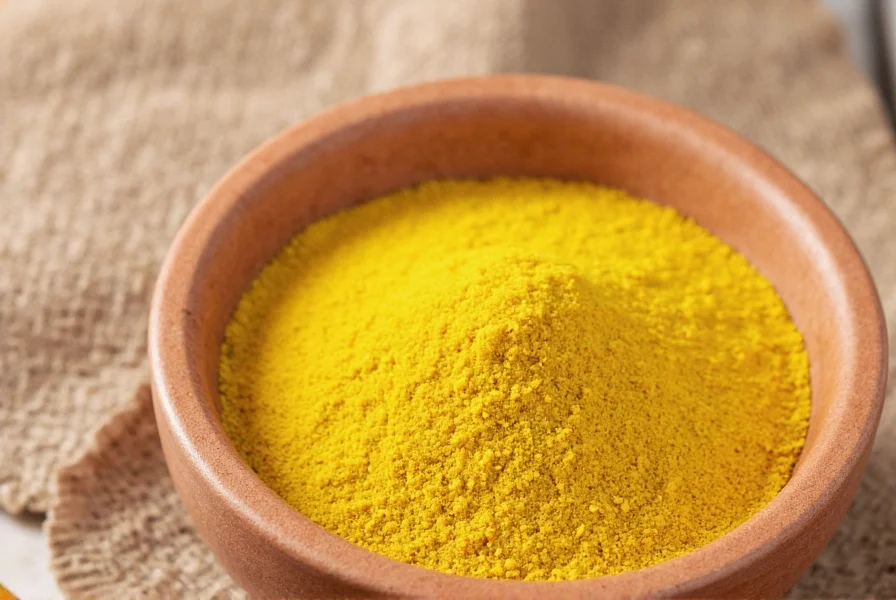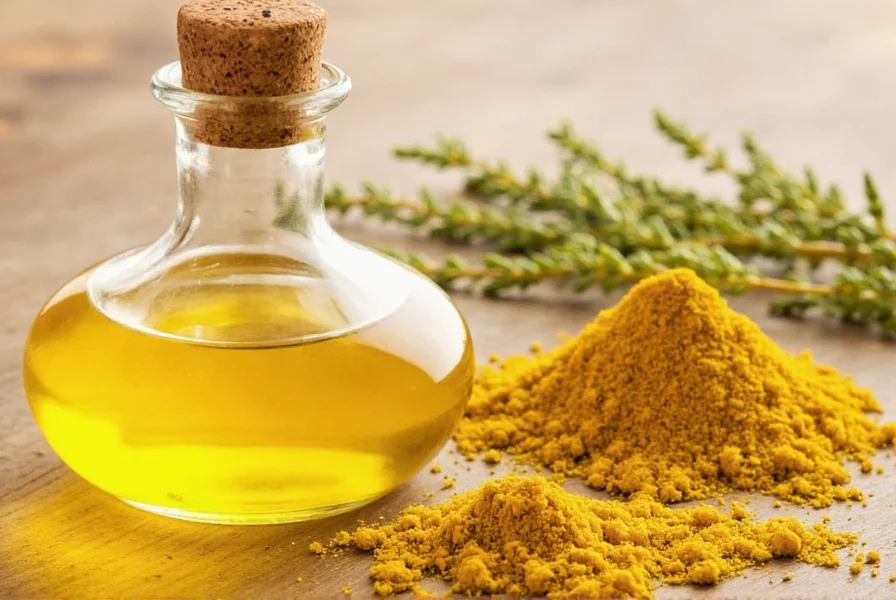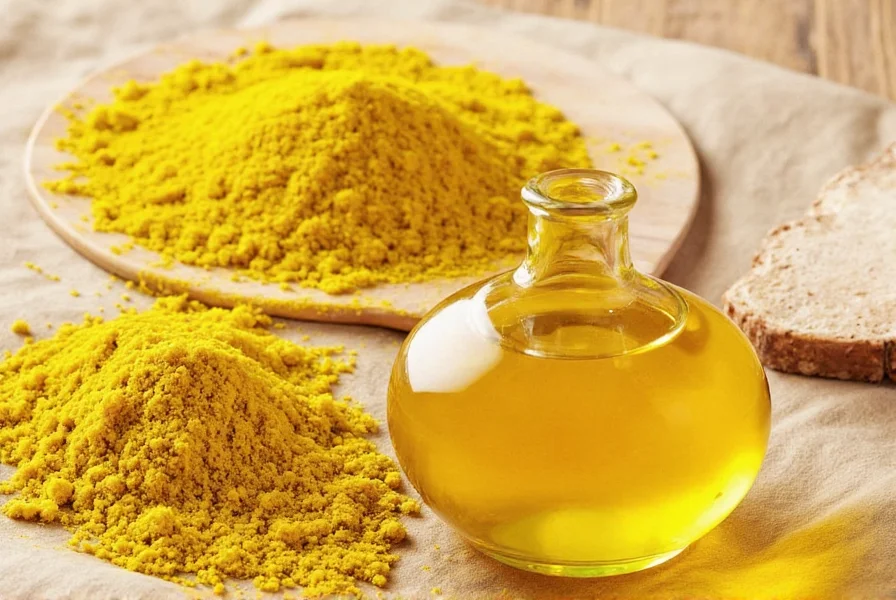Mustard oil has been a staple in South Asian and Eastern European cuisines for centuries, valued not only for its distinctive flavor but also for its potential health properties. This pungent oil, extracted from mustard seeds, contains a unique nutritional profile that distinguishes it from other common cooking oils. Understanding the genuine health benefits of mustard oil for skin and internal wellness requires examining scientific evidence rather than traditional claims alone.
Nutritional Composition of Mustard Oil
Mustard oil's nutritional value comes primarily from its fatty acid composition. Approximately 60% of its fat content consists of monounsaturated fatty acids (MUFAs), particularly oleic acid, while about 21% comprises polyunsaturated fatty acids (PUFAs), including both omega-3 and omega-6 fatty acids. The remaining portion contains saturated fats. This balance makes mustard oil comparable to olive oil in terms of heart-healthy fat composition.

Scientifically Supported Health Benefits
Research indicates several potential health advantages associated with moderate mustard oil consumption. Studies published in the American Journal of Clinical Nutrition suggest that replacing saturated fats with mustard oil may improve lipid profiles and reduce cardiovascular risk factors. The oil's high alpha-linolenic acid (ALA) content contributes to its anti-inflammatory properties, which may help manage conditions like arthritis when used as part of a comprehensive treatment approach.
When considering is mustard oil good for heart health, evidence shows promising results. A landmark study conducted in India demonstrated that populations using mustard oil as their primary cooking fat had lower rates of coronary heart disease compared to those using hydrogenated vegetable oils. The oil's ability to potentially reduce LDL cholesterol while maintaining HDL cholesterol levels contributes to this cardiovascular benefit.
| Fatty Acid | Percentage in Mustard Oil | Health Implications |
|---|---|---|
| Oleic Acid (MUFA) | 55-60% | Supports heart health, reduces inflammation |
| Alpha-Linolenic Acid (Omega-3) | 8-12% | Cardiovascular protection, brain health |
| Linoleic Acid (Omega-6) | 10-14% | Skin health, metabolism regulation |
| Erucic Acid | 20-40% | Potential health concerns at high consumption levels |
Traditional Uses and Modern Applications
Across various cultures, traditional uses of mustard oil in cooking extend beyond mere flavoring. In Ayurvedic medicine, it's been used for massage therapy due to its warming properties. Many Indian households use it for pickling vegetables, where its antimicrobial properties help preserve food. The oil's high smoke point (around 480°F or 250°C) makes it suitable for high-heat cooking methods like frying, though this advantage must be weighed against potential health considerations.
Mustard Oil Safety Considerations
The presence of erucic acid in mustard oil raises important safety questions. While traditional mustard oil contains 20-40% erucic acid, food safety authorities in the United States, Canada, and the European Union restrict its use as a cooking oil due to potential cardiac concerns observed in animal studies with high consumption. However, countries like India permit its culinary use, noting that typical consumption levels in traditional diets don't reach problematic thresholds.
When evaluating mustard oil safety and health considerations, it's crucial to distinguish between culinary-grade and industrial-grade mustard oil. Only food-grade mustard oil should be consumed, and even then, moderation is key. People with certain heart conditions or those taking blood-thinning medications should consult healthcare providers before incorporating mustard oil into their diets.
Comparing Mustard Oil to Other Cooking Oils
Understanding how mustard oil stacks up against alternatives helps consumers make informed choices. When examining mustard oil vs olive oil nutrition, both oils offer heart-healthy monounsaturated fats, but olive oil contains virtually no erucic acid. Mustard oil generally has a higher smoke point than extra virgin olive oil, making it more suitable for high-heat cooking. However, olive oil contains more polyphenols with antioxidant properties.
Compared to coconut oil (predominantly saturated fat), mustard oil offers a more favorable fat profile for cardiovascular health. Against vegetable oils like sunflower or canola, mustard oil provides similar benefits but with a more distinctive flavor profile that may not suit all culinary applications.
Practical Incorporation into Daily Diet
To safely enjoy the scientific evidence on mustard oil benefits, consider these practical approaches:
- Use as a finishing oil for salads and cooked dishes rather than primary frying oil
- Combine with other healthy oils to diversify fatty acid intake
- Choose cold-pressed, food-grade mustard oil from reputable sources
- Limit consumption to 1-2 teaspoons daily as part of a balanced diet
- Consider regional variations—some countries produce low-erucic acid varieties

Conclusion
Mustard oil presents a complex profile of potential health benefits balanced against certain limitations. The scientific evidence supporting its cardiovascular benefits is promising but must be considered alongside safety concerns regarding erucic acid content. As with any dietary fat, moderation and context within an overall balanced diet determine whether mustard oil contributes positively to health. Consumers should make informed choices based on their individual health status, regional availability of food-grade products, and consultation with healthcare providers when necessary.
Frequently Asked Questions
Is mustard oil safe for daily consumption?
Food-grade mustard oil is generally safe for daily consumption in moderate amounts (1-2 teaspoons). However, people with heart conditions should consult their healthcare provider first. Countries like India permit its culinary use, while others restrict it due to erucic acid content. Always choose food-grade, cold-pressed mustard oil from reputable sources.
What makes mustard oil different from other cooking oils?
Mustard oil contains a unique combination of monounsaturated and polyunsaturated fats, including significant amounts of alpha-linolenic acid (omega-3). It has a distinctive pungent flavor and higher erucic acid content compared to most other cooking oils. Its smoke point (around 480°F) makes it suitable for high-heat cooking, though this must be balanced against potential health considerations.
Can mustard oil improve skin health?
Yes, mustard oil contains compounds with antimicrobial and anti-inflammatory properties that may benefit skin health when applied topically. The oil's vitamin E content and fatty acid profile can help moisturize skin and support the skin barrier. However, it should be diluted before topical application as undiluted oil may cause irritation for some skin types.
Does mustard oil help with hair growth?
While scientific evidence is limited, mustard oil's traditional use for hair care stems from its nutrient content including omega-3 fatty acids and antioxidants. When massaged into the scalp, it may improve circulation and provide moisturizing benefits. However, claims about significant hair growth stimulation lack strong scientific backing, and results vary among individuals.











 浙公网安备
33010002000092号
浙公网安备
33010002000092号 浙B2-20120091-4
浙B2-20120091-4